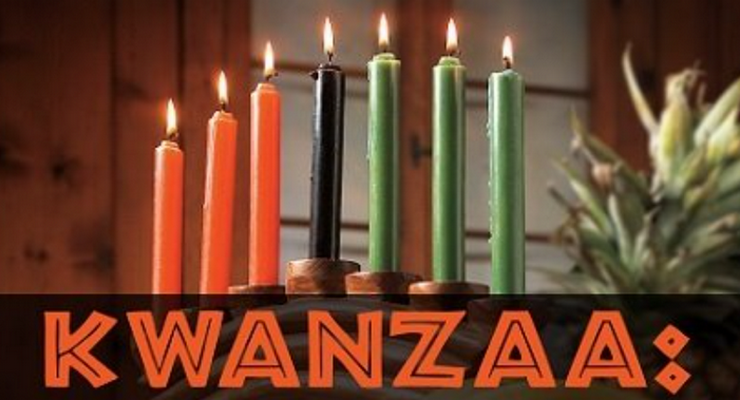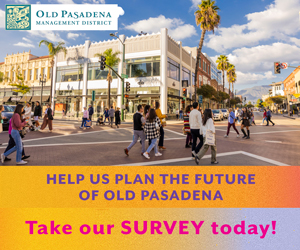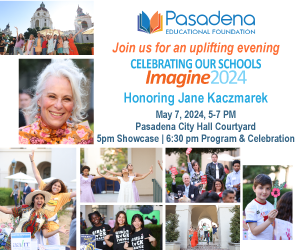
The seven-day African American festival of Kwanzaa will begin the day after Christmas this year, on Monday. Dec. 26.
“Even though it’s full of deeply rich traditions, Kwanzaa has only actually been around since 1966.”
“During the Civil Rights Movement, Kwanzaa founder Maulana Karenga, PhD, professor and chairman of Black studies at California State University, Long Beach, was determined to find a way to bring the African American community together to persevere through hardship. And that’s how the week-long cultural celebration highlighting family, friends, and community was born,” Cosmopolitan reported about the holiday festival.
The word “Kwanzaa” itself comes from the Swahili phrase “matunda ya kwanza,” meaning “first fruits,” denoting the harvest season.
The celebration focuses on seven essential principles, each of which is represented by one day of the seven-day celebration.
These principles are unity (umoja), self-determination (kujichagulia), collective work and responsibility (ujima), cooperative economics (ujamaa), purpose (nia), creativity (kuumba), and faith (imani).
“As a pan-African holiday with ancient agricultural origins, Kwanzaa celebrates the good of the earth and carries within it a commitment to protect, preserve and share this good.”
“Kwanzaa’s modern origins in the Black Freedom Movement commits it to the achievement of liberation and social justice. Thus, in Kawaida philosophy, out of which Kwanzaa and the Nguzo Saba were created, environmental justice and social justice are inseparably linked in the moral imperative to achieve and ensure African and human good and the well-being of the world,” Kwanzaa Founder Dr. Maulana Karenga said in his 2021 message.
During Kwanzaa, people traditionally decorate their homes with straw mats, ears of corn, and a candle holder called a kinara, which is adorned with red, green, and black candles. Red is said to represent ancestry and unity; black, the people; and green, the fertile land (Africa). A candle is lit for each day of Kwanzaa and celebrants may also exchange gifts.
Kwanzaa is often thought of as a substitute for the Christian Christmas or the Jewish Hanukkah, but it is not a religious holiday, and families who celebrate Kwanzaa often celebrate it in addition to Christmas, Hanukkah, or another religious holiday.
Although it was created with the community and cultural spirit of traditional African harvest festivals in mind, Kwanzaa itself is uniquely North American, being celebrated mainly in the United States, Canada, and the Caribbean.
This year will be the 34th annual celebration of Kwanzaa in Pasadena. The Pasadena Public Library has traditionally hosted the celebration, which has been virtual since 2021. The Pasadena Alumnae Chapter of Delta Sigma Theta Sorority, Inc. is hosting a celebration of Kwanzaa on Tuesday, Dec. 27 at the La Pintoresca Branch Library.
The last time the celebration was held in person was in December 2019 through January 2020, when Thanayi Karenga, daughter of the founder of Kwanzaa, was in attendance at the La Pintoresca branch.
To register for this year’s Kwanzaa celebration, visit https://pasadena.evanced.info/signup/EventDetails?EventId=6717
For more information about the history and traditional practices during Kwanzaa, visit www.officialkwanzaawebsite.org/index.html








